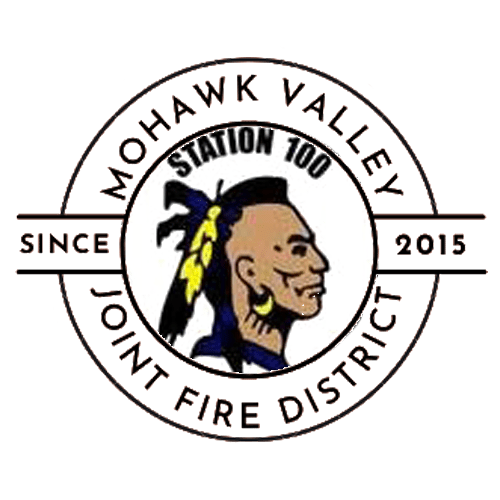MVJVD Meeting Schedules

Fire Board Meetings are scheduled to occur on the first and third Thursday of each Month at 6:00 pm. If the Thursday falls on a national holiday the board meeting shall occur at the discretion of the board.
Meeting Location
8285 Waynesburg Drive SE
Waynesburg, Ohio 44688

Public Attendance
Citizens are welcome to attend all public meetings of the Mohawk Valley Joint Fire District (MVJFD). Citizens who wish to address the MFJFD Board with a concern or comment are welcome to address the Board Members during the scheduled MVJFD Board at the beginning of the meeting or at the request of a board member. If you wish a topic to be placed on the agenda, please contact the MVJFD Board office in advance prior to the meeting. MVJFD Board Meetings are public working sessions where the board members meet as a committee of the whole. In order to address all items in a timely manner the members asks that the public reserve any comments on discussion items to the time period set aside for that purpose at the beginning or end of the meeting. Comments related directly to action items and decisions will be requested by the Board President prior to any vote.
Viewable & Downloadable MVJFD Meeting Minutes
Ohio’s “Sunshine Laws”

Q: What is a “sunshine law”? A: In Ohio, the “sunshine laws” refer to Ohio’s Public Records Act and Ohio’s Open Meetings Act. These statutory laws are based on the notion that there should be “openness” in government, with public access to records and meetings and the conduct and activities of government.
Q: What records are public under Ohio’s Public Records Act? A: Generally speaking, a “public record” is a record held by a public office and is intended to include such things as paper, computer disks, film/videotape – that is, any item, regardless of its physical form, that is a stored or fixed medium.
Q: What is a public office? A: The Public Records Act specifically defines a “public office” to include a “state agency, public institution, political subdivision, or any other organized body, office, agency, institution or entity established by the laws of this state for the exercise of any function of government.” That is a broad definition, and has been applied to otherwise private entities that perform a public service and are supported by public funds.
Q: What are a person’s rights under the Public Records Act? A: Generally, a person’s rights include the right to a prompt inspection of public records and, upon request, the right to copies of those public records within a reasonable period of time.
Q: Are there any exceptions under the Public Records Act? A: Yes. The Act specifically identifies certain records, which are exempt, including medical records, trial preparation records, confidential law enforcement investigatory records and adoption records, among others.
Q: What is Ohio’s “Open Meetings Act”? A: This law essentially requires all public bodies to take all official actions and hold all deliberations on official business in meetings that are open to the public.
Q: Do public bodies have to keep minutes? A: Yes. The public bodies have to keep full and accurate minutes in order to enable the public to understand and appreciate the rationale behind the public body’s decisions. Those minutes are public records.
Q: Can a public body ever hold meetings in secret? A: Yes. There are specified reasons for a public body to adjourn into what is called an “executive session,” although the fact that the body is going into executive session must itself be part of a public meeting and proper protocols must be followed. These sessions are not open to the public. The reasons justifying an executive session include discussions about personnel matters, the purchase of property, pending or imminent court action, and collective bargaining.
